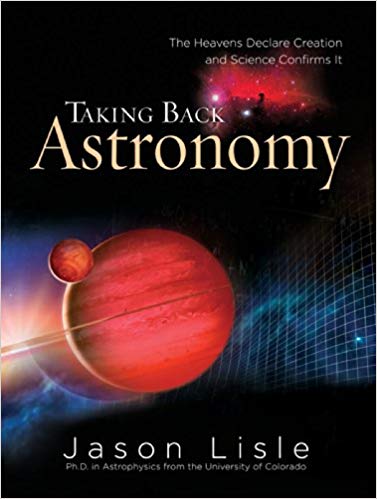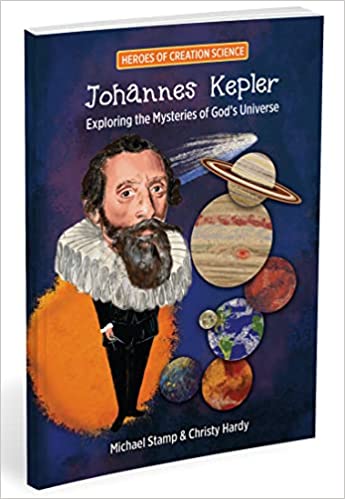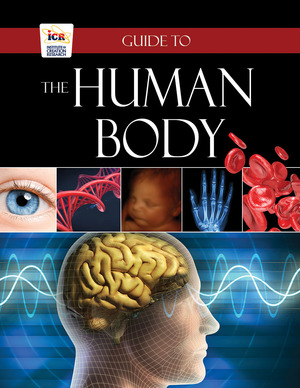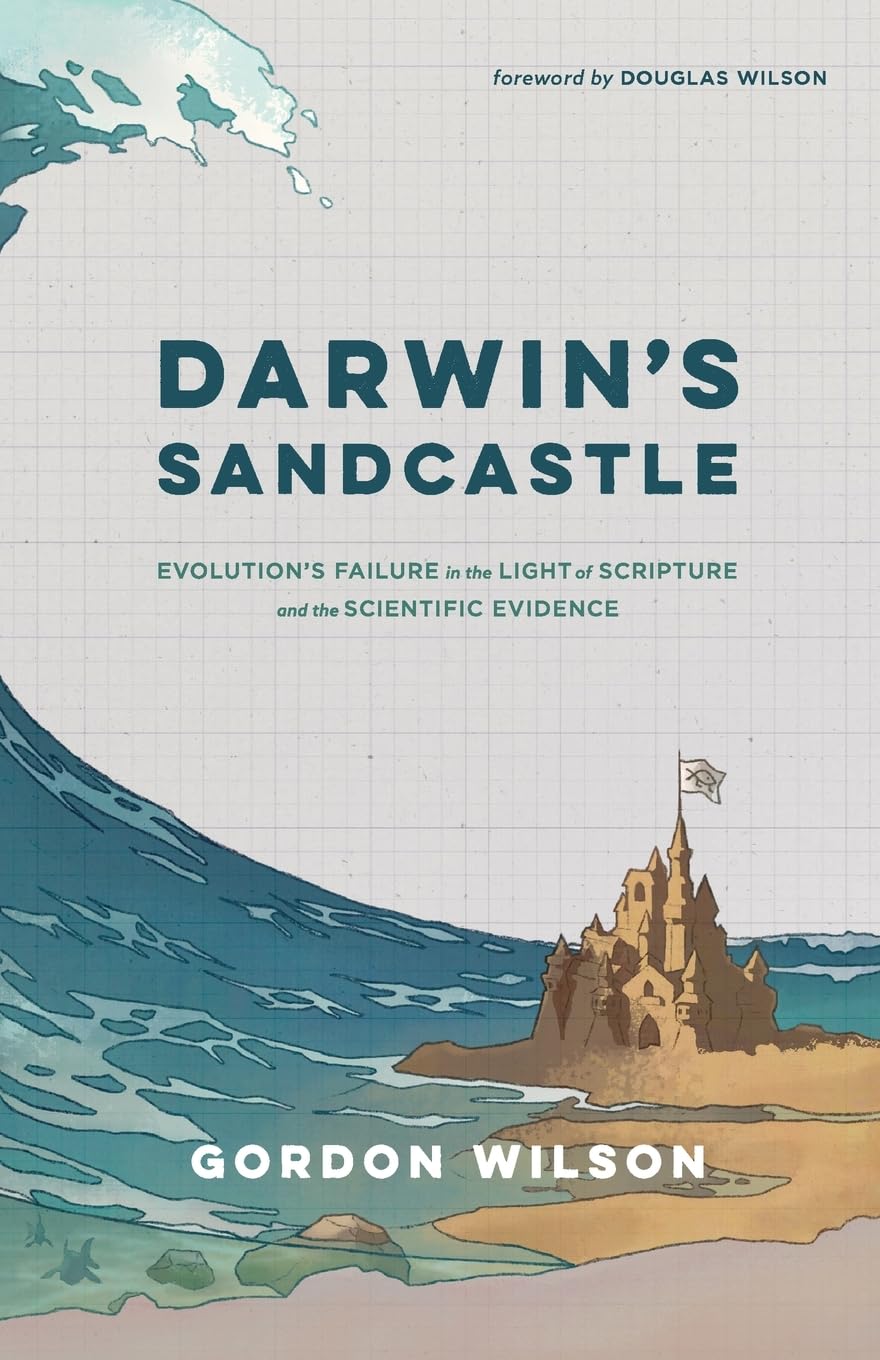In high school biology courses, it soon became apparent to Angie that among her fellow Christians, there was a diversity of opinions about origins. So, she consulted the HeadStart program about the impact of world views on the relationship between faith and science. She read information on the gap theory, the day age theory, the framework hypothesis, theistic evolution, neo-Darwinism, methodological naturalism, intelligent design and creation. Now she better appreciates why this whole website is devoted to creation.
Annabel wondered about “survival of the fittest” ideas. So, on HeadStart, she
approached the topic under microevolution and macroevolution, which brought her to natural
selection. This brought her to the famous examples of Darwin’s finches and peppered moths.
She ended up reading about body plans, diversity, horizontal gene transfer, convergence and
the tree of life. She is now better prepared to evaluate evolutionary arguments on these issues.
Heading into postsecondary studies, Troy wondered about how dramatically molecular biology has changed in the last few years. Consulting HeadStart, he first read about the human genome project which led him to ENCODE, genome wide association studies, single nucleotide polymorphisms, coding DNA, non-coding DNA and “junk” DNA and most especially CRISPR. He was amazed at how these developments support intelligent design and creation.
Derek is heading to a museum to view the fossils there. He first clicks on fossil record in the HeadStart Program. The links take him to Cambrian explosion and Burgess Shale, sudden appearance and molecular clock. Naturally he also accesses sedimentary rock and radiometric dating.
Emily wonders about origin of life. Thus she accesses the Miller-Urey experiment, polymer formation, chirality, and RNA ribozyme. The topics sound difficult, but the discussion demystifies them. Her friend, on the other hand, reads up on irreducible complexity including molecular machines, invention, functionality and co-option.
Tim, for his part is just beginning to study biology. He just wants to know what the terms mean and what relevance they have for origins theories. He quickly accesses terms like homology because the definitions are non-technical and easily accessed from his smartphone. He is happy to have good information so readily available.
Moxie
July 2022
Subscribe to Dialogue







